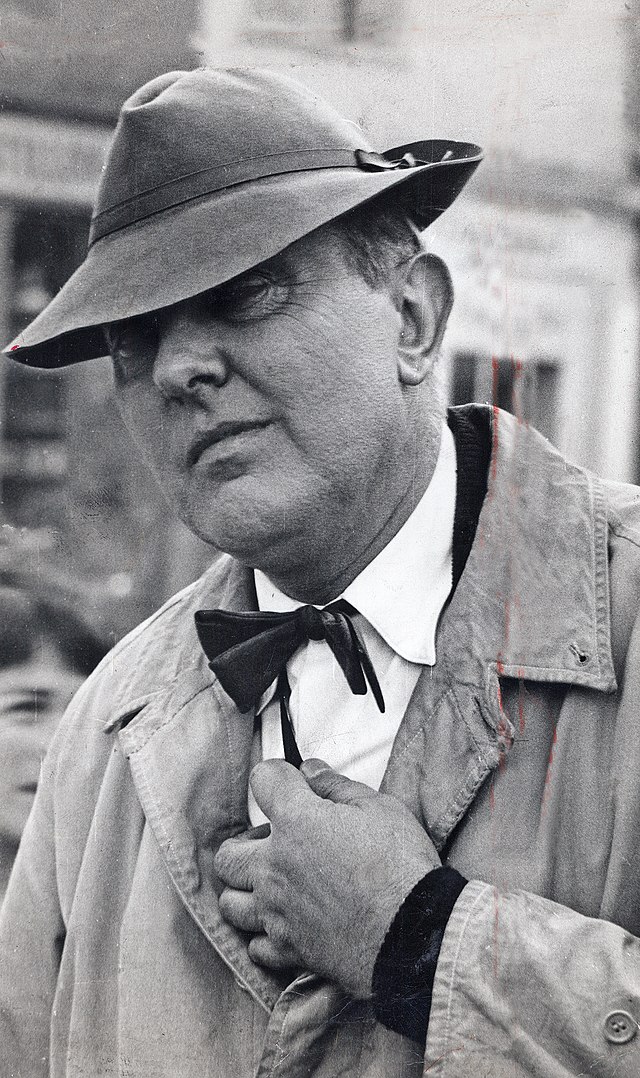The other night my wife and I got to watch Les Vacances de M. Hulot, the breakthrough film by French mime and comedian Jacques Tati. It was the Criterion Collection version released on TCM. This version was a little different than earlier versions I had seen; it was the original ninety-eight minute release from 1953. The version I knew was the shorter 1978 reissue of the film. That was eighty-six minutes in length. It was also the one Tati called the “definitive” version of the film. (I read there was another version released in 1962, but that it was withdrawn from circulation as part of Tati’s bankruptcy settlement.)
Les Vacances has to be one of the funniest films ever made. Tati’s character, Monsieur Hulot, is Chaplinesque. He is a man out of place in post-war France, with the vacationers at a seaside resort unable to break from their roles in life. There is the businessman always taking calls from Paris, London, and New York. There is the old army major always telling war stories about his time in World War I and leading a parade of cars en route to a picnic like he is leading a column of troops through the Ardennes. We also meet Martine, the charming young bachelorette that the young men try to impress by showing off their knowledge of American cigarettes and jazz music. There is also the put-upon waiter and his demanding boss, the hotel proprietor.
We are presented a series of vignettes of a summer week at the Hôtel de la Plage in Saint-Marc-sur-Mer, where everyone rushes in on trains, buses, and fast cars to get away from it all. But like us today, the vacationers in Saint-Marc-sur-Mer cannot unplug from the world. We have smartphones, Tati’s vacationers had the radio and newspapers.
The week culminates with a masquerade ball, where Hulot, Martine, and the children are all dressed and ready for fun. Everyone else at the hotel, however, spends the evening in the lobby, sitting around listening to the radio where a politician drones on about the economy. Hulot, not having it, puts on jazz music (Alain Romans’s “Quel temps fait-il à Paris.”) and dances with Martine.
It is a wonderful film, filled with laughs. Though it is bittersweet. Hulot, a symbol of a France that was quickly disappearing in the post-war era, is an outcast. He lives in an increasingly fast-paced France that is looking to move beyond the horrors of the first half of the twentieth century. Hulot is Pierrot, a funny yet sad figure unable to fit in the modern world. This theme for the Hulot character will continue with the subsequent films Mon Oncle and Playtime.
Probably the best review I have read of Les Vacances de M. Hulot was written many years ago by the great film critic Roger Ebert. I will let him have the last word.

Note: This post was updated on 2025-06-11 to correct the article in the film title. The article should be “de”, not “des”. – JJM
Leave a Reply